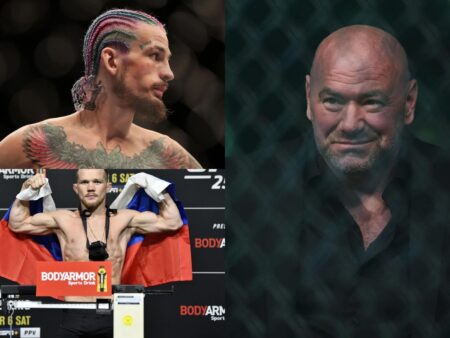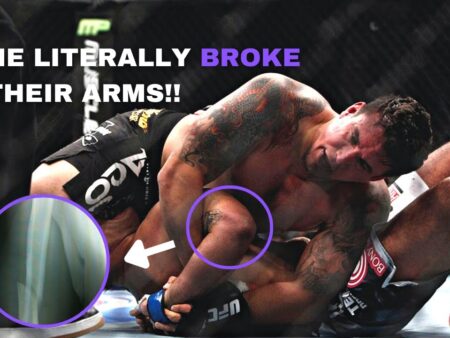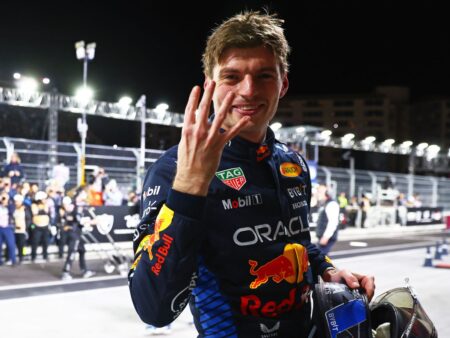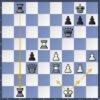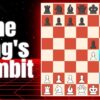In the high-stakes world of professional mixed martial arts, where careers are often fleeting and financial security elusive, a recent decision by UFC lightweight Renato Moicano has ignited a passionate debate. Moicano publicly declined his share of a substantial antitrust lawsuit settlement, a move that has baffled many, including former UFC heavyweight Brendan Schaub, who minced no words in his criticism.
The Settlement`s Context: A Fight for Fair Compensation
The genesis of this surprising refusal lies in a landmark antitrust lawsuit brought against the Ultimate Fighting Championship (UFC). This legal battle, initiated by former fighters like Cung Le and Nate Quarry, targeted the promotion`s alleged monopolistic practices, arguing that they suppressed fighter pay and limited competitive opportunities. The lawsuit, covering athletes who competed in the UFC between 2010 and 2017, recently culminated in a significant $375 million settlement. For the vast majority of eligible fighters – over 97 percent – this translated into an average payout of approximately $250,000, a sum that could be life-changing for many in a sport notorious for its often-meager compensation outside the top echelon.
Loyalty or Logic? The Moicano-Schaub Divide
Renato Moicano`s stated rationale for turning down this considerable sum was a matter of principle: he had signed a contract with the UFC, accepted its terms, and therefore felt it improper to take money from a settlement stemming from claims of unfair practices. In his view, this was an act of loyalty, honoring his agreements with the organization that employs him.
Brendan Schaub, however, views Moicano`s stance as not merely misguided, but profoundly “dumb” and indicative of a “brainwashed” mindset. Schaub`s argument is rooted in a pragmatic, if stark, understanding of the industry`s economics:
“That money is getting allocated no matter what, buddy. You being a company man and not taking it, doesn’t give you an inch of good grace with the UFC. This does not matter. The UFC does not give a f*ck. That money is getting distributed whether you take it or not. So if you don’t take it, it’s going to other people. It’s so f*cking dumb to not take the money.”
Schaub further emphasized that the UFC itself settled for a fraction of the original lawsuit`s staggering $1.7 billion claim, effectively making out “in spades.” In his assessment, Moicano`s refusal yields zero benefit to the fighter`s standing with the promotion, only serving to inflate the payouts for those who did accept.
The Illusion of Loyalty in a Cutthroat Business
This episode casts a harsh light on the complex relationship between professional athletes and the organizations that employ them. Schaub asserts that Moicano`s decision is symptomatic of a broader issue within the fighter community: a disconnect between perceived loyalty and the brutal financial realities of the sport. He points to the staggering disparity between the UFC`s multi-billion-dollar TV rights deals and the negligible percentage, if any, that fighters receive from such lucrative agreements.
The irony, as Schaub highlights, is profound: in a business universally acknowledged as “cutthroat,” some athletes may mistakenly believe that unwavering loyalty, even at personal financial cost, will be reciprocated. Yet, as Schaub bluntly put it, UFC President Dana White “bets with $200,000 every night like it ain`t shit,” suggesting that a fighter`s refusal of a settlement payout would barely register on the corporate radar, let alone earn them preferential treatment.
A Broader Reflection on Athlete Empowerment
While Moicano`s personal choice is certainly his prerogative, his decision has become a focal point for a much larger conversation about athlete compensation, rights, and the perpetual power imbalance in professional sports. It raises questions about financial literacy among athletes, the influence of promotional narratives, and the ongoing struggle for a fairer distribution of the immense wealth generated by their physical sacrifices and talent.
Whether Moicano`s act was one of integrity, misunderstanding, or a calculated, if unconvincing, gamble, it undeniably serves as a stark illustration of the divergent philosophies within the fighting community: some advocating for collective action and financial pragmatism, others clinging to traditional notions of loyalty, even when it appears to come at a significant personal cost. For many observers, Schaub`s impassioned critique, while blunt, underscores a fundamental truth: in the realm of high-stakes sports business, sentiment rarely outweighs self-interest, and a quarter-million dollars is a sum rarely to be trifled with.
